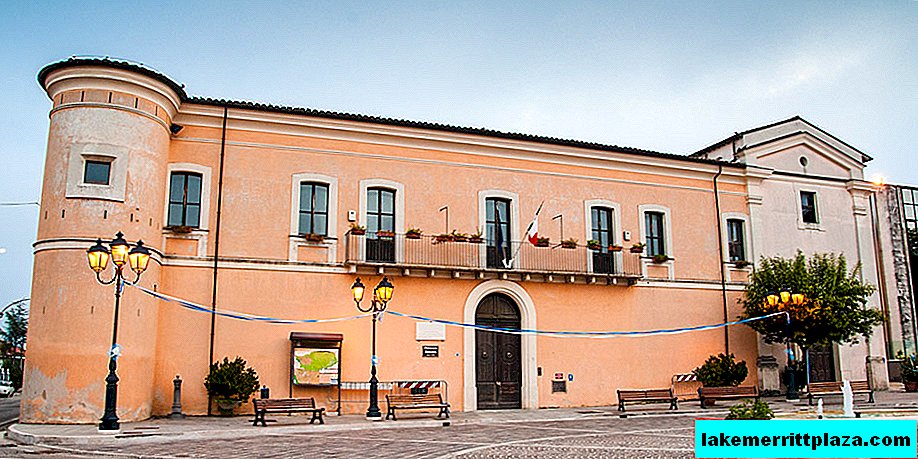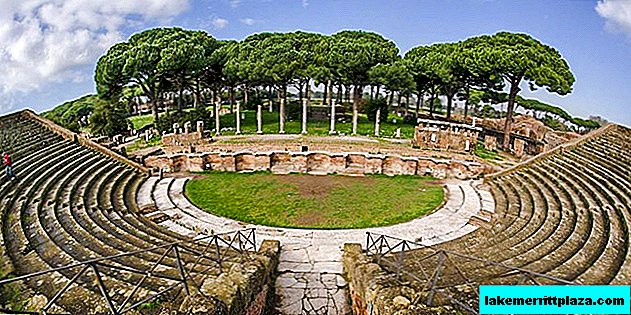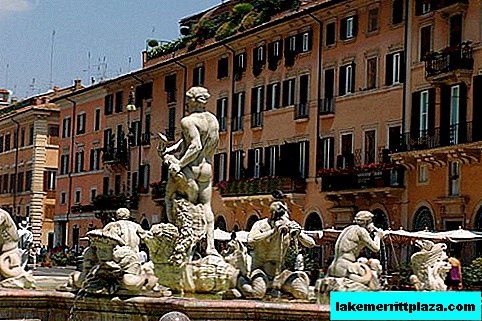In the city of Torrevecchia Teatina (Torrevecchia Teatina), in the center of the Abruzzo region (Abruzzo) since 2011, one of the most beloved museums in Italy - the Museum of love writing (Il Museo della Lettera d'amore). It is housed in the eighteenth-century building of the Palazzo Ducale and keeps hidden secrets of lovers from all over the world - letters that tell the love stories of men and women. This storehouse was created in 2000 by the cultural association AbruzziAMOci under the chairmanship of Massimo Pamio.

Fund
The first contributions to the fund are a love message written specifically for the museum by Ugo Ricarelli, the greatest Italian writer, and a message from Ascanio Celestini, a popular actor, screenwriter and director.
Since 2012, 5,000 letters written by people to Pope John Paul II and placed next to his tomb on the day of the funeral have been exhibited in two rooms.
One of the most beautiful letters of love is the letter of a young repentant mafioso who happened to be in Rome on the day of the funeral of Pope John Paul II, and so moved by this action that he wrote it directly on St. Peter's Square.
Written testimonies of love, gratitude, and faith from around the world are also collected in Ciao Karol, published under the editorship of Papaboys International.
In total, there are 20 thousand messages in the exhibition halls, most of which come from participants in the literary contest organized annually by the AbruzziAMOci association. Here you will find declarations of love not only for your soul mates, but also for pets, vehicles and furniture!
Project
The museum was conceived as an archive, not only letters are collected here, but also paintings and archaeological finds.
The idea of the project was to create a lively, magical place where every visitor gets to the theater to participate in an unforgettable spectacle.
New 3D technologies allow you to engage the viewer in the personal story of two people in love. In the multi-sensory halls, the visitor hears sounds, perceives smells, watches images that will give him a "full taste" of writing.
The museum is aimed at young people and those who in the modern age of technology are deprived of the joy of expressing the richness of our words and feelings on paper, who do not know how or are embarrassed to say the most important words about love.
- Working hours: every Sunday from 9-30 to 12-30 and from 15-30 to 17-30. The entrance is free.
- Official site: www.museoletteradamore.it








